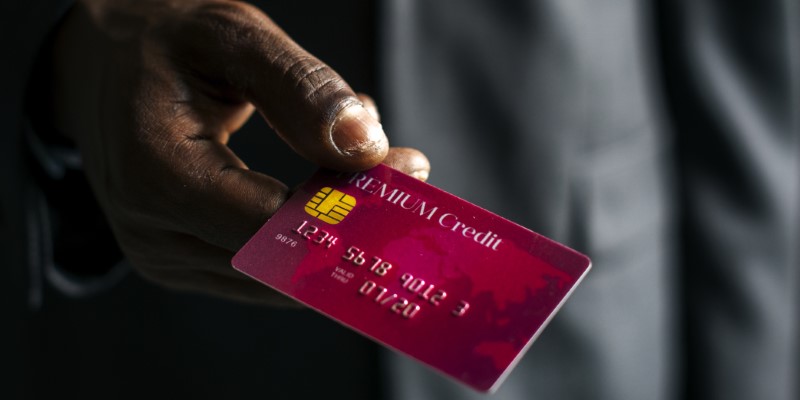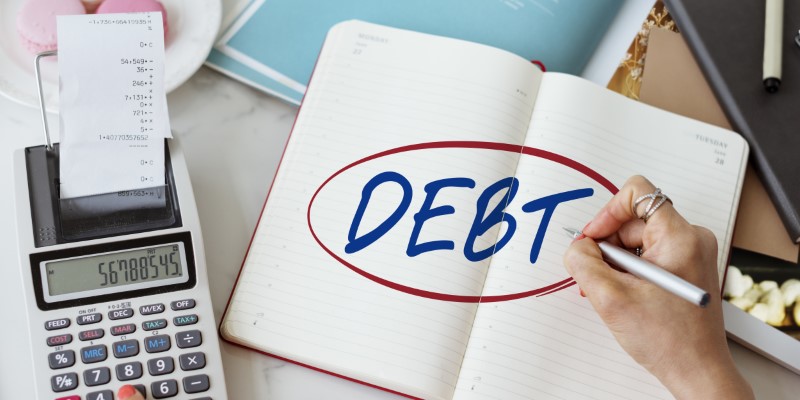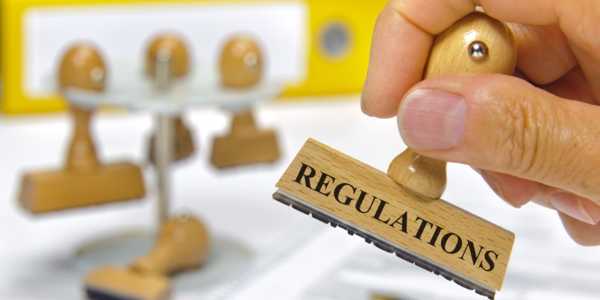Credit card debt can feel overwhelming, but with the right strategies, you can pay it off more quickly and regain control of your finances. Understanding how credit card debt works and implementing effective repayment methods can help you reduce stress and improve your financial health. This article provides practical strategies for efficiently managing and eliminating credit card debt, allowing you to move towards a debt-free future.
Understanding Credit Card Debt: The Basics
Credit card debt arises when individuals borrow money through credit cards to make purchases, often accumulating high-interest charges on unpaid balances. Cardholders receive a monthly statement detailing their outstanding balance, minimum payment due, and interest rate. If the balance isn't paid by the due date, interest accrues on the remaining amount, compounding the debt over time.
Interest Rates And Fees
Credit cards typically have high interest rates, ranging from 15% to 25% or even higher, depending on the card and the individual's creditworthiness. Additionally, late payments may incur fees, further increasing the total amount owed. Understanding these terms is essential, as they significantly impact how quickly debt can accumulate.
Minimum Payments
Credit card companies usually allow cardholders to make minimum payments, often a small percentage of the total balance. While this may seem manageable, consistently paying only the minimum prolongs the debt repayment period, leading to significant interest payments over time. This is why developing a proactive repayment strategy is vital.

Creating A Repayment Plan
Creating a structured repayment plan is crucial to tackle credit card debt. Here's how to get started:
Assess Your Finances
Begin by gathering all your credit card statements to get a clear picture of your total debt. List each card's balance, interest rate, and minimum payment. This assessment helps identify debts needing the most attention and informs your repayment strategy.
Set A Realistic Budget
Creating a monthly budget is essential for managing expenses and allocating funds toward debt repayment. Track your income and expenses to determine how much you can set aside monthly. Prioritize essential expenses while identifying areas where you can cut back, such as dining out or subscriptions.
Establish A Debt Repayment Goal
Setting a clear repayment goal can motivate you to stay on track. Decide how quickly you want to pay off your debt and calculate how much you must pay monthly to achieve that goal. Consider factors like interest rates and overall financial situation when determining your target.
Automate Payments
To avoid missing payments, consider automating your credit card payments. Setting up automatic payments ensures that you meet at least the minimum due each month, helping to maintain a positive payment history and prevent late fees. You can also set up alerts to remind you of payment dates.

Debt Snowball Vs. Debt Avalanche Methods
Regarding repaying credit card debt, two popular methods can help you achieve your goal more efficiently: the debt snowball method and the debt avalanche method. Each has its advantages, so choose the one that resonates with you.
Debt Snowball Method
The debt snowball method prioritizes paying off the smallest debts first to build momentum. Start by listing your credit card debts from smallest to most significant balance. Make minimum payments on all debts, directing extra funds toward the smallest one. Once that debt is eliminated, roll over the payment amount to the next smallest debt, repeating this process until all debts are cleared. This approach offers quick wins, providing psychological motivation as you see debts disappear and helping you stay committed to your repayment plan.
Debt Avalanche Method
The debt avalanche method focuses on paying off debts with the highest interest rates first, potentially saving you more interest over time. Begin by listing your credit card debts from highest to lowest interest rate. Make minimum payments on all debts while directing any extra funds to the debt with the highest rate. Once that debt is eliminated, apply the previous payment amount to the next highest-interest debt, continuing this pattern until all debts are cleared. This method may take longer to show results as it addresses more significant balances.

Additional Tips For Accelerating Debt Repayment
In addition to creating a repayment plan and choosing a method, several other strategies can help you pay off credit card debt more quickly.
Increase Your Income
Consider boosting your income through overtime, a part-time job, or freelance work. To accelerate your repayment process, direct any additional earnings towards your credit card debt.
Cut Unnecessary Expenses
Review your monthly expenses to identify areas for savings. For instance, reduce discretionary spending on entertainment, dining out, or subscription services. Redirect these savings towards debt repayment.

Consider Balance Transfers
If you have high-interest credit card debt, a balance transfer to a card with a lower interest rate can be brilliant. Many credit cards offer promotional rates for balance transfers, allowing you to save on interest while paying the balance. Be mindful of transfer fees and ensure you plan to pay off the transferred balance before the promotional rate expires.
Build an Emergency Fund
While saving money while paying off debt may seem counterintuitive, having a small emergency fund can prevent you from relying on credit cards for unexpected expenses. Aim for a fund that covers at least one or two months' worth of essential expenses.
Stay Committed And Monitor Progress
Review your repayment plan and progress regularly. Celebrate small milestones along the way, and don't be discouraged by setbacks. Staying committed to your plan is essential for long-term success.

Conclusion
Paying off credit card debt requires dedication, strategic planning, and disciplined financial habits. Understanding your debt, creating a repayment plan, and choosing an effective method can significantly reduce your financial burden. Implementing additional strategies, such as increasing your income and cutting unnecessary expenses, can accelerate your journey to a debt-free life. Remember, the road to financial freedom may be challenging, but with determination and the right strategies, you can achieve your goals and enjoy peace of mind.


